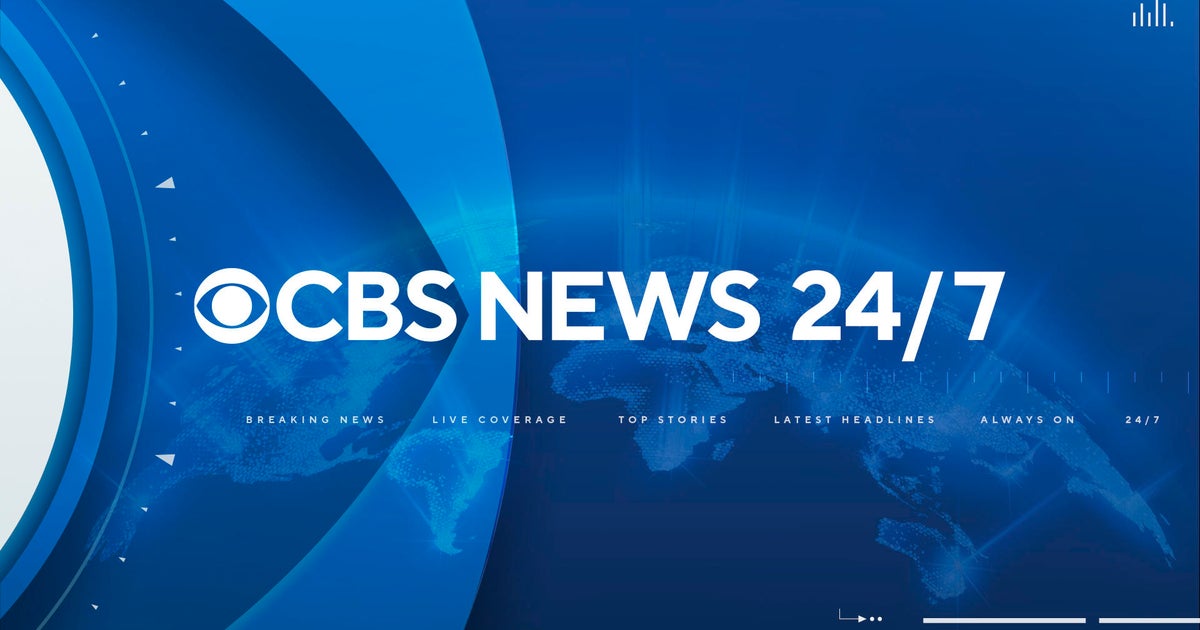Latest News Updates: Key Stories You Required to Know Currently
Wiki Article
Navigating the News Landscape: Tips for Finding Credible Info
In an age where details is plentiful yet frequently unstable, navigating the news landscape with discernment is vital. Establishing the reputation of resources is the first step, as comprehending the credentials of writers and the credibility of their magazines can considerably affect the quality of info consumed.Assessing Resource Reliability
Reviewing source reliability is crucial for guaranteeing the dependability of info in an age marked by info overload. As individuals navigate various types of media, from digital short articles to social media networks, discerning reliable sources ends up being paramount. Secret factors to take into consideration when examining source integrity include the authority of the author, the magazine's reputation, and the evidence given to sustain claims.First, take a look at the writer's qualifications and proficiency in the topic. Authors with pertinent scholastic or expert histories are more probable to provide dependable insights. Next off, think about the publication's online reputation; developed media electrical outlets generally abide by journalistic standards and fact-checking methods, making them more credible.
Additionally, evaluate the high quality and importance of the proof provided. Credible resources commonly point out peer-reviewed studies, professional interviews, or main stats, which bolsters their insurance claims.
Cross-Checking Information
Cross-checking info is an essential method for validating the precision of insurance claims and avoiding the pitfalls of false information. This process involves contrasting info from numerous respectable sources to identify its legitimacy. When running into an information tale or claim, one ought to choose added coverage on the exact same topic from different outlets. This helps to identify discrepancies and confirm facts.To effectively cross-check details, it is important to use diverse sources, consisting of established information organizations, academic journals, and expert point of views. Each resource might supply a special viewpoint or added context that enhances understanding. Pay focus to the publication days of the information being assessed, as updates or corrections may have been released.
Furthermore, consider the context in which details is provided. Look for corroborating evidence, such as data, interviews, or direct accounts, that provide reputation to a case. Be careful of thrilling headings or emotionally charged language, as these can suggest an attempt to control assumption.
Acknowledging Bias and Point Of View
Comprehending prejudice and point of view is crucial for browsing the facility landscape of information. Every item of news is infiltrated the lens of the writer's experiences, beliefs, and associations, which can considerably form the narrative provided. As customers of information, it is essential to recognize these predispositions, as they can result in distorted understandings of fact.
It is additionally crucial to recognize your own biases. Individual beliefs can influence exactly how you interpret information, making it necessary to come close to news with an essential attitude. Engaging with diverse point of views can aid neutralize personal biases, enabling a more rounded understanding of issues.
Eventually, identifying prejudice and point of view in news coverage is not simply an academic exercise; it is an essential skill for informed citizenship in a democratic society. By growing this understanding, people can make even more informed decisions and add to a more nuanced public discourse.
Understanding Fact-Checking Resources
Fact-checking resources play a pivotal function in discerning the accuracy of read details in a period marked by misinformation and sensationalism. These resources, that include independent organizations and on-line systems, are dedicated to confirming cases made by public figures, media outlets, and social media blog posts. They utilize extensive methods to evaluate the validity of declarations, commonly mentioning initial sources and supplying context to promote understanding.Some well-known fact-checking organizations, such as Snopes, FactCheck.org, and PolitiFact, focus on numerous topics, from political rhetoric to viral net insurance claims. Their job not only debunks false information yet also stresses the value of great post to read evidence-based discussion. By getting in touch with these resources, people can develop an extra discerning technique to the information they run into.
Furthermore, lots of fact-checking systems use straightforward user interfaces that enable quick searches by subject or case, making it less complicated for customers to find appropriate info quickly. Involving with fact-checking sources cultivates essential reasoning and outfits customers with the devices necessary to navigate the complicated information landscape effectively, eventually advertising an extra enlightened public discourse.

Using Trusted Information Aggregators
In today's hectic details landscape, trusted information aggregators work as valuable devices for individuals looking for trustworthy news resources. These platforms compile newspaper article from numerous reliable outlets, offering users with a consolidated sight of present events. By curating content from developed media companies, collectors help individuals prevent the challenges of misinformation and sensationalism commonly widespread in much less reliable resources.When making use of information collectors, it is important to select ones that focus on high quality over amount. Try to find systems that employ strenuous content criteria, making sure that the news offered is precise and reliable. Popular aggregators like Google Information, Feedly, and Flipboard enable customers to personalize their information feeds based go to website on subjects of interest, allowing a customized experience that can enhance knowledge and recognition.
In addition, collectors commonly include features such as fact-checking integrations and customer ratings, further aiding customers in discerning legitimate information - news. Nevertheless, while information collectors are beneficial, users must remain alert and cross-reference information with key sources when needed. By leveraging trusted information aggregators successfully, people can navigate the complicated media landscape while remaining informed with credible and diverse perspectives
Verdict
In conclusion, navigating the information landscape requires a methodical technique to guarantee the consumption of reliable information. Additionally, making use of fact-checking sources and trusted news collectors boosts the capability to discern exact coverage from misinformation.Report this wiki page